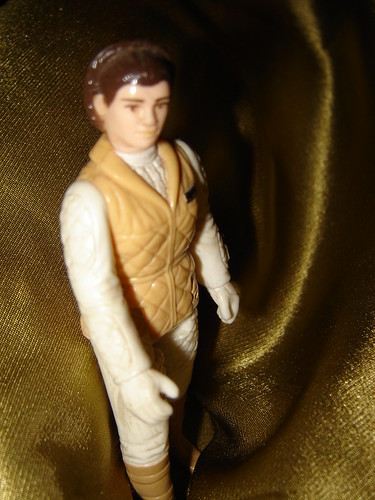Taking on this research project has involved doing a literature review. The following works have been particularly relevant to my research so far :
GenealogistsDrake, P. J. (2001). Findings from the Fullerton Genealogy Study – a master’s thesis project.
http://psych.fullerton.edu/genealogy/Kuglin, H. (2004). Granny hunting: the information seeking behaviour of genealogists in open access libraries : submitted to the School of Information Management, Victoria University of Wellington in partial fulfilment of the requirements for the degree of Master of Library and Information Studies. Wellington, Victoria University of Wellington. May 2004.
http://www.lianza.org.nz/events/conference2004/papers/kuglin.pdf#search=%22%22granny%20hunting%3A%20the%20information%20seeking%20%22Lambert, R. D. (1998) Roving reporters: a study of genealogists and family historians, Pt. 1.
The Global gazette : Canada’s online family history magazine, vol. 2, no. 17.
http://globalgenealogy.com/globalgazette/gazrr/gazrr19.htmLambert, R. D. (1999) Roving reporters: a study of genealogists and family historians, Pt. 2.
The Global gazette : Canada’s online family history magazine, vol. 2, no. 17.
http://globalgenealogy.com/globalgazette/gazrr/gazrr20.htmLitzer, D. S. (1997). Library and genealogical society cooperation in developing local genealogical services and collections.
Reference & user services quarterly, vol. 37, no. 1
Sinko, P. and Peters, S. (1983). A survey of genealogists at the Newberry Library.
Library Trends, no. 32 (pp. 97-109).
Yakel, E. (2004). Seeking information, seeking connections, seeking meaning: genealogists and family historians.
Information Research, vol. 10, no. 1,
http://informationr.net/ir/10-1/paper205.htmlMāori/WhakapapaAuckland City Libraries in consultation with Heather Worth. (1995) The customer's voice - a quest : a survey : improvement of services to Maori at Auckland City Libraries. Auckland, N.Z. : Auckland City Libraries.
Hemara, W. (2005) Whakapapa : as curricula & pedagogical practice : an historical, social & philosophical discourse on Māori engagement with traditional & contemporary education : a thesis submitted to the Victoria University of Wellington in fulfilment of the requirements for the degree of Doctor of Philosophy in Education.
McDonald, T. (1993).
Te ara tika : Māori and libraries : a research report. Wellington [N.Z.] : New Zealand Library & Information Association.
Makoare, B. (1996). Kaitiakitanga i roto i ngā Whare Pukapuka : Appropriate care for Māori materials in libraries and archives.
Archifacts, Oct. 1996 (pp. 18-26).
Parker, B. (2003). Maori access to information technology.
The Electronic Library, vol. 21, no. 5 (pp. 456-460)
Royal, T. C. (1992)
Te Haurapa: an introduction to researching tribal histories and traditions. Wellington: Bridget William Books.
Simpson, S. (2005)
Te ara tika : Ngā Ingoa Kaupapa Māori : pūrongo tuatoru = Guiding words : Māori Subject Headings Project : phase 3 research report. Wellington, N.Z. : Te Rōpū Whakahau.
http://www.trw.org.nz/publications/Te_Ara_Tika_Guiding_Words.pdf (recently added)Szekely, C. (1992) Māori people in libraries.
Sites, no. 25, Summer 1992, (pp. 63-68)
Szekely, C. (1997)
Te ara tika : guiding voices : Māori opinion on libraries and information needs. Wellington [N.Z.] : New Zealand Library & Information Association ; Te Rōpū Whakahau
Ta'ala, T. M. (2006) No wai koe? Whakapapa, records and the role of iwi runanga in defining Maori identity. Wellington, N.Z. : Victoria University of Wellington.
Have you come across any research in the area of genealogists, whakapapa, or libraries that you think ties in with my research? Then let me know about it by posting a comment.



